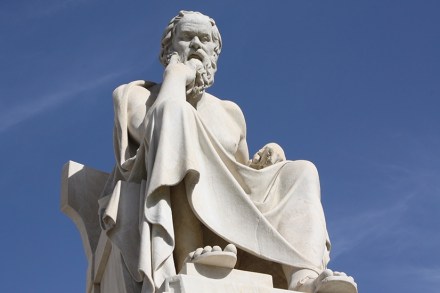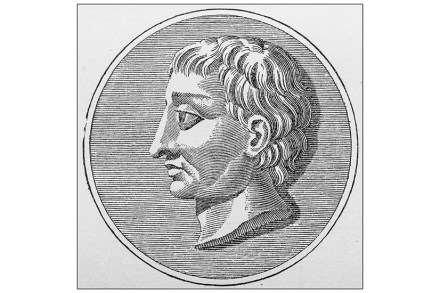Modern historians take a Roman approach to history – whether they admit it or not
To what use does one put history? Romans thought it provided ‘lessons’. Modern historians rather sniff at the idea, but do in fact dance to the same tune. For Romans, the study of history was all about discovering exempla (‘models, examples’) applicable to current circumstances. Indeed, Valerius Maximus (1st C ad) composed his Memorable Deeds




















